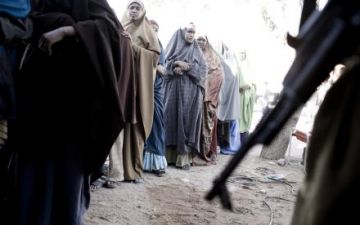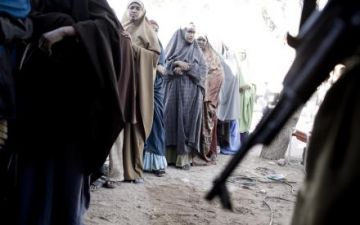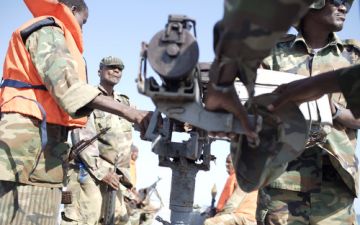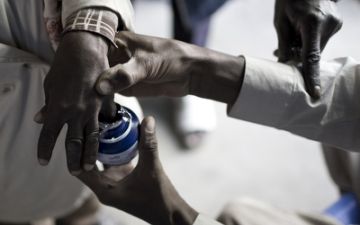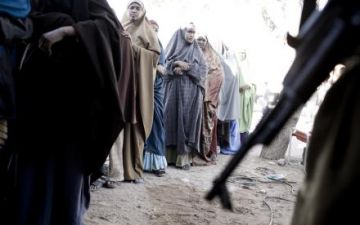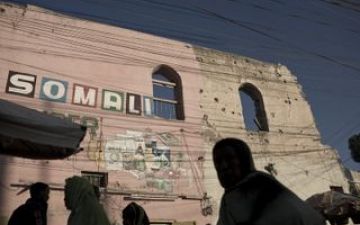Somaliland's Perplexing Limbo
This month in a country that doesn't exist an election is due to be held to choose a government that will not be recognized. This is not a hypothetical puzzle, it is the actual state of Somaliland.
Somalia is the world's most glaring example of a failed state: For the past 18 years Somalia has not had a functioning government and has been marked by widespread violence and chaos.
